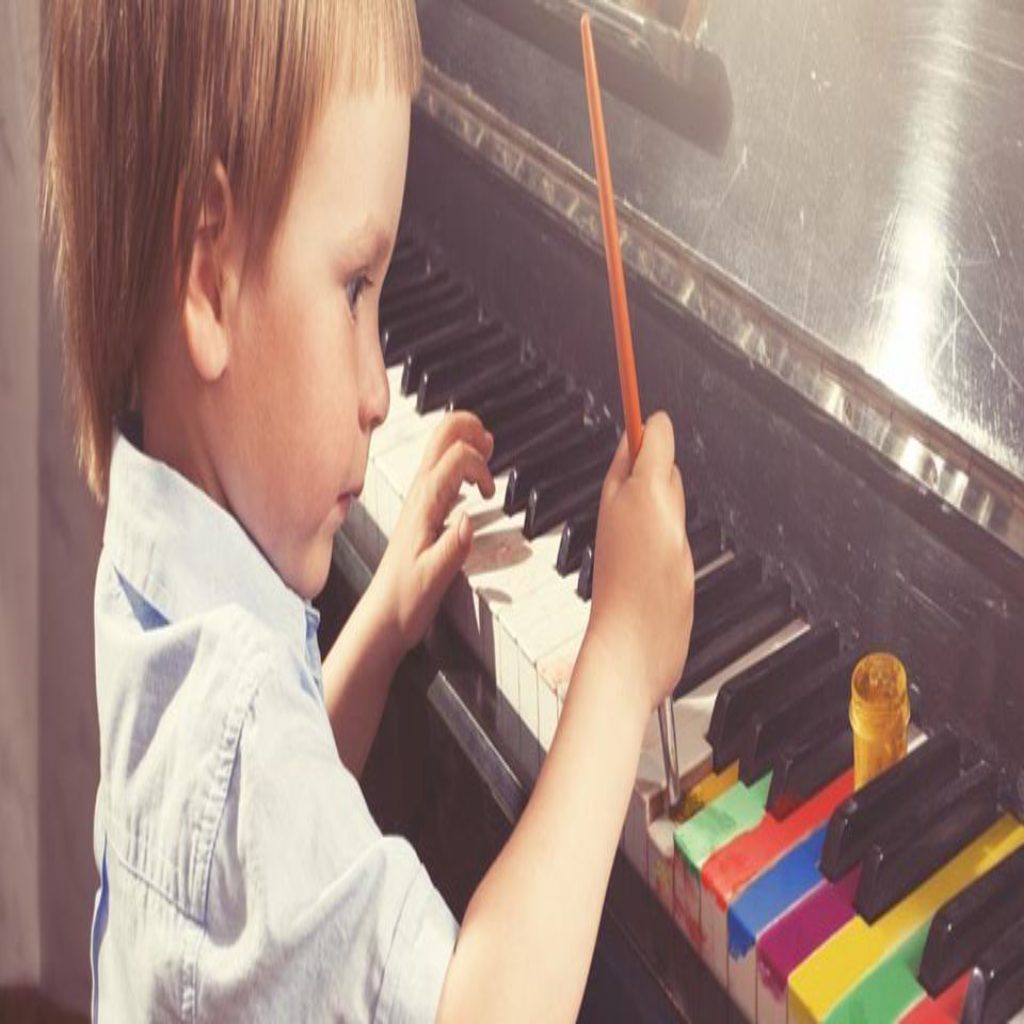Neuroplasticity or brain plasticity is the ability the brain has to change according to each new experience. In practical ways, it is through neuroplasticity that the brain changes in structure and functionality as a result of new stimuli. These neural connections have a modeling function, which means that they modify and adapt themselves according to the stimuli the child encounters in his or her environment. Montessori Education is focused on the child’s response to learning materials and situations that are experienced through the senses, such as the following:
- Visual Sense: Stimulate the child through different colored objects, of varied shapes o differentiate colors, as well as to perceive different materials.
- Chromatic Sense: introduce the child into the world of colors, leading them to observe and learn different tonalities, teaching them to differentiate the variety of gradations that each color presents.
- Stereognostic Sense: With eyes closed, the child is guided to recognize sizes, shapes and textures through tactile movements.
- Tactile and Thermic Senses: The child develops kinesthetic abilities, so that it is possible to perceive and differentiate different temperatures and physical forms through the movements of the hands.
- Auditory Sense: Through the game of silence, the child is instigated to perceive the most varied sounds and noises present in the environment.
- Olfactory and Gustatory Senses – through instigating activities, the child is led to smell and taste different foods, that they have prepared themselves.
Therefore, the child in the school has the opportunity to develop new skills and abilities. Encouraging the student through challenging learning activities contributes to the formation of new synapses. Because of this, it is essential to present variety of colors, flavors, textures, sounds and sensations to the student. Since the child´s brain is constantly growing and developing, the guide has unique opportunities to teach while the brain is plastic and sensitive, with the ability to absorb new information. This stage is referred to by Maria Montessori founder of Montessori Education as the sensitive periods of learning, or absorbent mind.
According to Montessori, during this period, which begins at birth, the child has an intense capacity to absorb knowledge and develop new skills. This stage is noticeable when a child is seen performing the same activity over and over again, in an attentive and focused manner. At this moment, the child is motivated, driven by curiosity and willingness to learn how a particular object or situation works, such as: swinging a rattle and listening to different sounds, or dragging a chair and noticing that the object moves on the floor.
The sensitive period of learning begins from the birth of the child extending to approximately 6 years of age.
- The first year of the baby’s life is characterized by the motivation to imitate adults in gestures and features. This is evident when observing a baby who is waving, clapping, kissing his/her parent´s faces etc. It is during this period also that the child presents a need for routine and organization, as well as the enjoyment and satiation of the most basic needs, such as: sleeping, waking, feeding, playing, and bathing. An organized environment with a well-structured routine assists in the healthy and safe development of the child.
- During the phase that comprises the period between 7 months to 5 years, the child develops language and knowledge of the first letters. In this plastic period, you can hear the baby babbling the first sounds and syllables, increasing the repertoire of phrases and vocabulary. Singing for the child, telling stories and reading aloud are good stimuli for the improvement of vocabulary during the preschool stage.
- A Child’s motor learning begins after birth. It is a process that involves progressive changes in motor behavior, which are the result of their cumulative experiences, as well as their contact with the environment. It is through movement that the child is able to access, explore and understand the world around her.
- Motor coordination allows the child to develop movements using the brain, muscles, and joints. In gross motor coordination, the child is able to crawl, walk, run, and jump. Fine motor coordination is responsible for more delicate movements such as writing, painting and drawing, trimming, fitting, assembling and disassembling materials. Therefore, the materials and activities often implemented in a Montessori environment, such as writing on colored sand and picking up marbles using tweezers, are good examples of pedagogical practices that stimulate the development of fine motor coordination in children.
- Mathematical thinking is introduced in Montessori education from a very young age. This period of development is characterized by concreteness of thought. The child understands the world through the perception and representation of real objects. With this in mind, we can easily perceive that the child understands numbers and forms in a practical way. It is through the sense of touch that a child can explore. Therefore, they are offered exploratory activities in the form of shapes and shadows, with numbers in sandpaper and in a jigsaw puzzle of geometric figures. In addition, the child has the opportunity to perform these activities at their own rhythm of development that involves the use of repetition. In turn, this repetition is crucial to the formation of new connections in the brain. The more times an activity is performed, the more chances it has of becoming new knowledge and a new skill in the child´s life.
As we realize, the sensitive period of learning is a very important stage of discoveries and knowledge for the child. It is an intense period of brain plasticity during which the child’s mind is able to absorb information in a short time, in an agile and practical way. For this reason, it is crucial for parents and educators to be attentive to this process by understanding the importance of education during this sensitive period so they may provide a safe, agreeable and enjoyable environment that will further help the child´s development.

